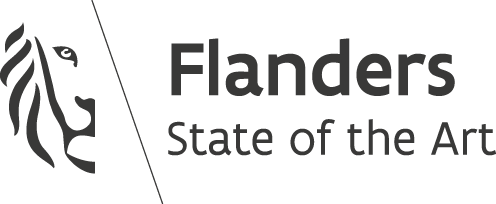Greek Sailors contributed to the wealth and DNA of the city of Antwerp in the 20th century.
The daily arrival of hundreds of Greek sailors after WWII gradually created a Greek hotspot of entertainment in the middle of the Skippers’ Quarter.
Greek music coloured the neighbourhood. Musicians and dancers as well as some good-time girls came from Athens and were often sticking to the place. Mixed marriages developed. The world port atmosphere turned the Antwerp Greeks into a small but exceptional community in which openness, entrepreneurial spirit, and the ancient concept of ‘philoxenia’ or Greek hospitality reigned.
We are exploring all kinds of traces and remnants of this past to revisualize that what is threatened of being lost forever. Since very little research has been done on this subject, we will have to discover a lot of sources ourselves. Interviewing witnesses (oral history) is also part of this.
Through a collective memorial work, we will bring the ‘golden Greek period’ back to life and try to preserve it for the future in various ways. Attention to Greek intangible cultural heritage and living heritage practices are part of this.
In this way, we try to put the pieces of the puzzle together: Who were these Greek sailors? What drove them to sea? What sacrifices did they make? What did Antwerp mean to them and what did they mean to Antwerp? What ties did they forge with the people of Antwerp? How did the local Greek community develop? …
Next, we want to share this excavated past with as many people as possible.
All this work we will regularly cheer up with live Greek music. Why? Because this rich musical tradition is part of our project!
The driving forces behind this initiative are Poli Roumeliotis and Kris Kaerts, who previously collaborated successfully on ‘La Rose Blanche’, in and around the last Greek folk café in Molenbeek.
IN ΣKIPPERΣTREET is done in collaboration with a strong partnership:
- Erfgoedlab Antwerpen (Heritage Lab Antwerp)
- Centrum voor Stadsgeschiedenis - Universiteit Antwerpen (Centre for Urban History - University of Antwerp)
- Grieks Zeemanshuis (Greek Seamen’s House)
- Het Stadsmagazijn
- KADOC (Documentation and Research Centre on Religion, Culture and Society at KU Leuven)
- KEYKOP!
- MAS (Museum Aan de Stroom/City Museum of Antwerp)
- Museum Vleeshuis I Klank van de Stad (Interactive Music Museum)
- PARCUM (Museum and centre of expertise for religious art and culture)
- Red Star Line Museum

